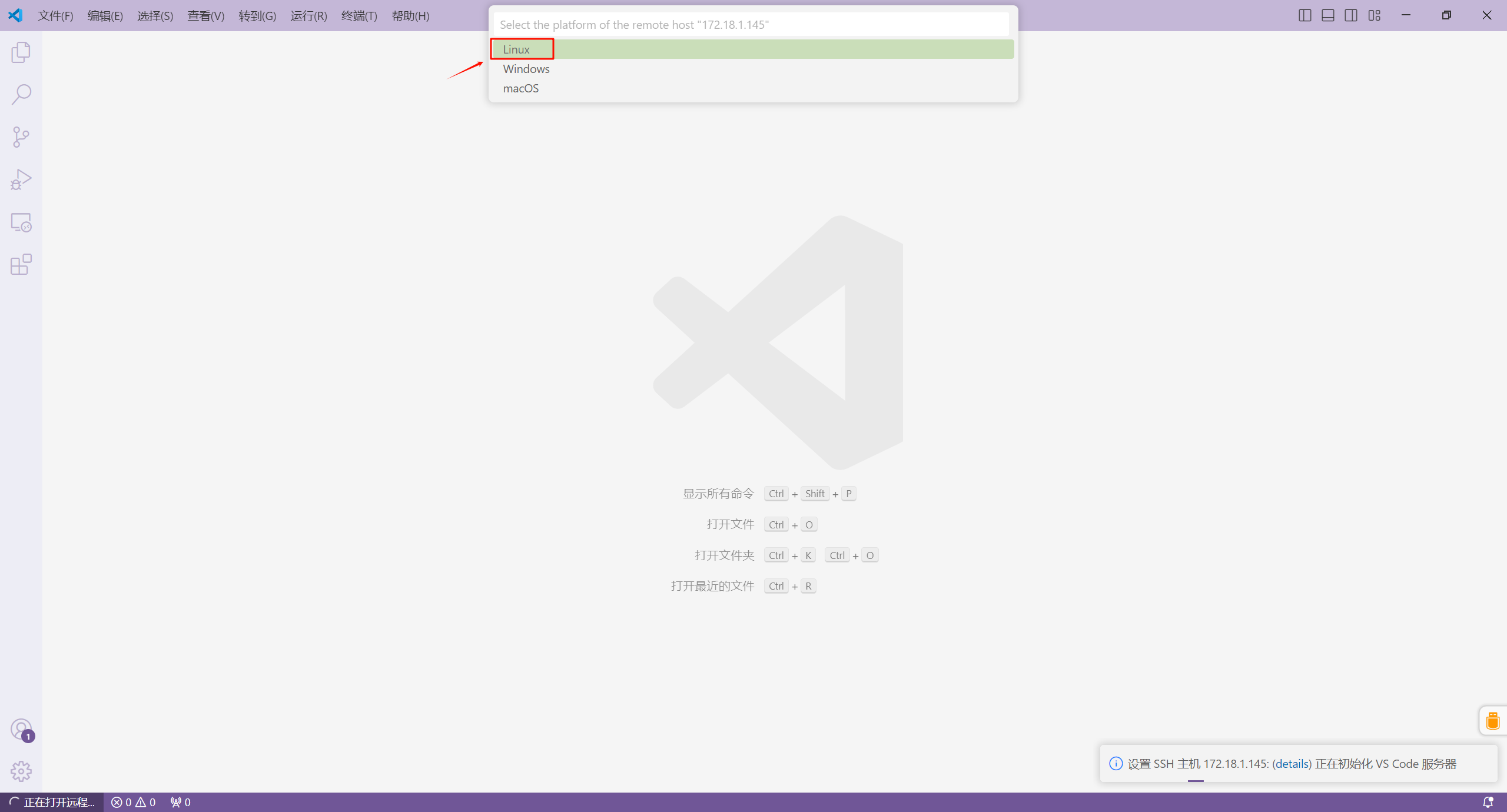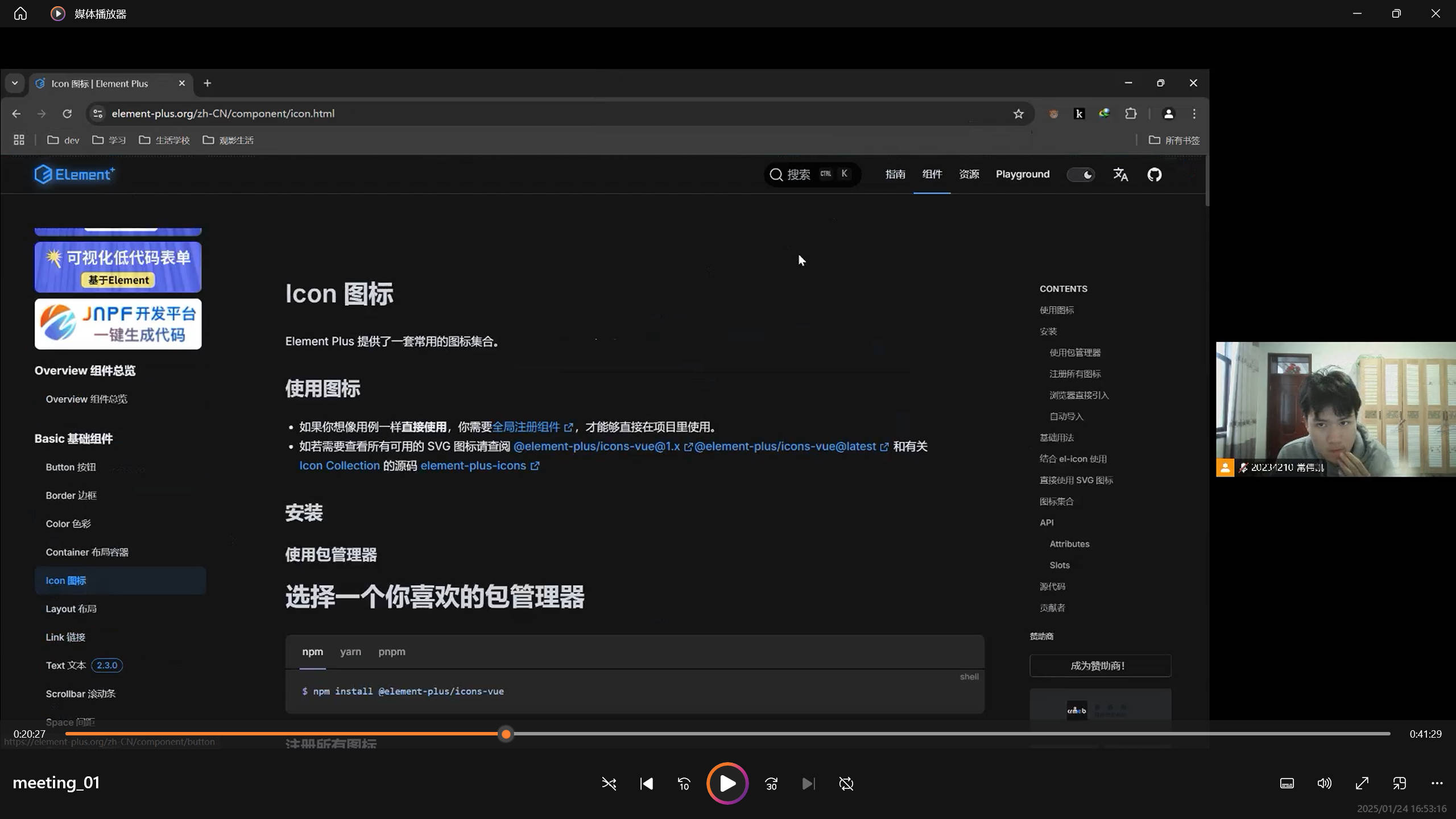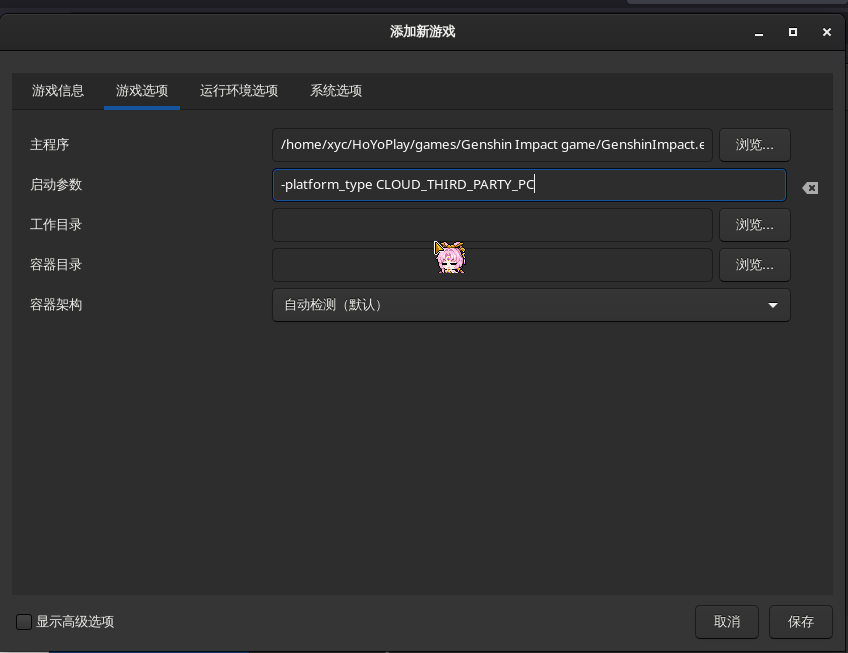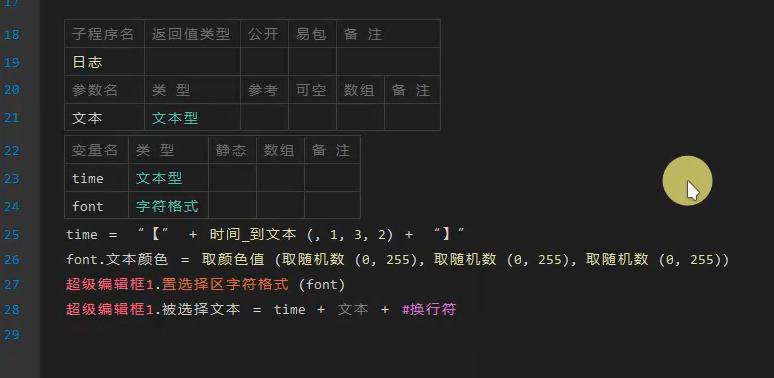Java数组
- [ 任务列表 ]
- 1.数组
- 2.二维数组
- 3.其他
—————————————————————————————————————————————————————————
1.数组
-
数组:存储批量数据。除此之外还有,二维数组,对象,集合……
-
数组使用的原因:
用变量存储批量数据,代码会非常臃肿;
对于类型相同的大批量数据,使用数组存储,明显优于用多个变量进行存储。 -
静态初始化:
// 1>. 定义一个数组,用来存储5个学生的姓名
// 静态初始化一个数组:定义数组的时候,数据已经确定好了
String names [] = new String[] {"张三","李四","王五","赵六","孙七"};
-
数组是一个数据容器,用来存储一批同类型的数据。
数组的访问,为数组某个位置赋值,获取数组的长度(元素个数) -
数组的动态初始化:
// 1). 需要一个数组来存储8名同学的成绩
// 动态初始化数组,只确定数组的类型和存储数据的容量
// 数据类型 [] 数组名 = new 数据类型 [数组容量];
double [] scores = new double [8];
// scores = [0.0, 0.0, 0.0, 0.0, 0.0, 0.0, 0.0, 0.0];
// 0 1 2 3 4 5 6 7Scanner sc = new Scanner(System.in);// 2). 录入8个同学的java成绩,并把成绩存入数组中
for (int i = 0; i < scores.length; i++) {System.out.println("请输入第" + (i + 1) + "个同学的java成绩:");scores[i] = sc.nextDouble();
}
- 一维数组的随机访问:
// 2>. 随机获取一个索引值
// Math.random() : [0 - 1)
// names.length : 是数组长度,即元素个数 15
// Math.random() * names.length : [0 - 15) =====> [0, 14]
int index = (int)(Math.random() * names.length);// 3>. 打印数组中的元素
System.out.println("总共有" + names.length +"个学生,随机抽一个同学是:" + names[index]);
System.out.println(names);
2.二维数组
-
二维数组运用:桌面类型游戏的开发——塔牌游戏。
-
静态初始化:
// 数据类型 [] [] 数组名 = new 数据类型 [] [] { { },{ },{ }...}
// 其中 new 数据类型 [] [] 可以省略
String [][] classmates = {{"张无忌", "赵敏","周芷若"},{"张三丰", "宋远桥", "殷梨亭"},{"灭绝师太", "陈坤","玄冥二老","金毛狮王"},{"杨逍", "纪晓芙"}
};
- 动态初始化:
// 数据类型 [ ] [ ] 数组名 = new 数据类型 [长度1] [长度2]
// 动态初始化数组
int [][] arr = new int [3][5];
- 随机的思路:(假设数组中有n个数据)
思路一:遍历数组,每次从数组中随机一个位置,然后将当前位置的数和随机位置交换;
思路二:遍历n次,每次随机两个位置出来,将两个位置的数交换。
// 思路一:
for (int i = 0; i < poker.length; i++) {int index = (int)(Math.random() * 54); // =====> 0 ~ 53// 每次随机一个位置,将两个位置的数交换String temp = poker[i];poker[i] = poker[index];poker[index] = temp;
}// 思路二:
for (int i = 0; i < poker.length; i++) {int index1 = (int)(Math.random() * 54); // =====> 0 ~ 53int index2 = (int)(Math.random() * 54); // =====> 0 ~ 53// 每次随机两个位置,将两个位置的数交换String temp = poker[index1];poker[index1] = poker[index2];poker[index2] = temp;
}
3.其他
-
动态初始化数组元素默认值
基本类型:
byte、short、char、int、long =====> 0
float、double =====> 0.0
boolean =====> false
引用类型:
类、接口、数组、String =====>null -
求最值代码的优化:
找数组比较浪费性能,所以多用变量进行代码运算,少用数组参与运算
// 遍历数组,统计总分,统计最高分,统计最低分,算平均成绩
// 找最值代码的优化:找数组比较浪费性能
public static void FindMaxAndMin(double scores []) {double grade = scores[0]; // 优化一double allScore = grade ;double max = grade ;double min = grade ;// 从数组的第二个位置开始遍历for (int i = 1; i < scores.length; i++) {// 通过一个变量,把当前遍历到的这个分数保存起来,只需要找一次数组double score = scores[i]; // 优化二if (score > max) {max = score;}if (score < min) {min = score;}allScore += score;}System.out.println("总分:" + allScore);System.out.println("平均分:" + allScore / scores.length);System.out.println("最高分:" + max);System.out.println("最低分:" + min);}











